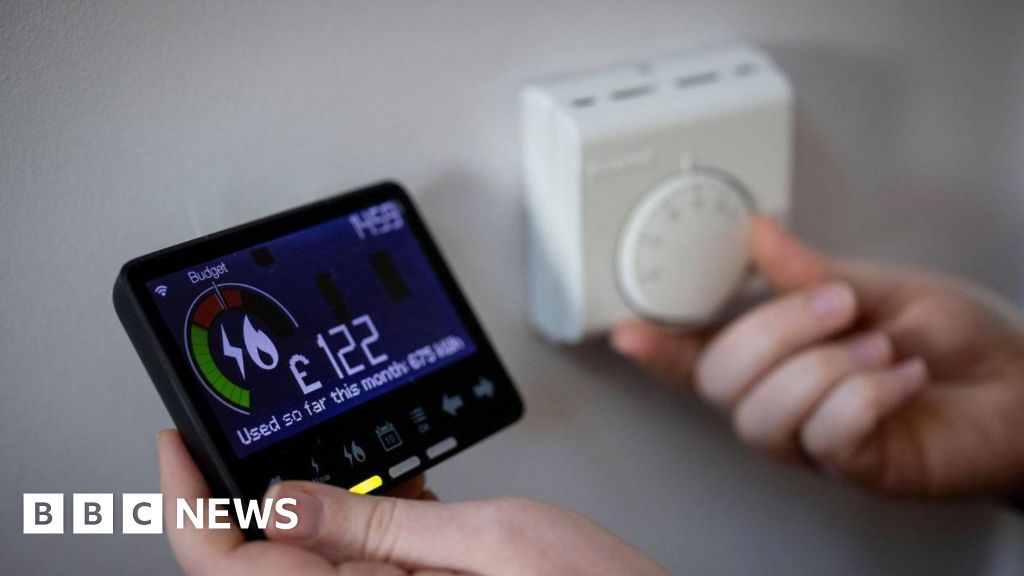ARTICLE AD BOX
 Image source, UPS
Image source, UPS
By Mariko Oi
Business reporter
UPS has avoided its first US strike in more than 25 years as the union representing its workers said a new five-year contract has been approved.
The two sides have been negotiating for months over demands including higher pay and better working conditions.
In July, UPS and the Teamsters union agreed on a deal to raise the average annual salary of full-time drivers to about $170,000 (£133,440), including healthcare and other benefits.
That is up from around $145,000.
The deal also gives workers one more day of paid holiday, ends forced overtime and adds air conditioning to new models of the company's trucks from next year.
"This is the template for how workers should be paid and protected nationwide, and non-union companies like Amazon better pay attention," the general president of Teamsters Sean M O'Brien said.
The Atlanta-based firm is the world's largest package delivery company, with more than 20 million deliveries a day in more than 220 countries around the world.
In 2020, UPS estimated that the goods it handled were worth about 6% of the US economy, including time-sensitive shipments for healthcare firms and others.
Workers at Amazon and other delivery firms have pointed to the agreement as they pushed for their own pay raises.
Unions representing "essential" transportation workers such as pilots, port workers and delivery drivers have been enjoying stronger bargaining power in recent months due to the country's tight jobs market.
The latest data showed that layoffs in the US dropped to an 11-month low in July as the labour market has largely weathered aggressive interest rate hikes from the Federal Reserve since March 2022.
Economists are watching the pay increases closely, as some worry higher wages could start to feed into an inflation problem that started with pandemic-related supply issues.
US inflation hit a peak of 9.1% last year, far above the central bank's 2% target. But it has eased significantly as the shock to food and energy prices from the war in Ukraine has faded.
This year, wage growth has started to outpace inflation which means that it could start to push up prices as consumers spend more money.

 1 year ago
38
1 year ago
38








 English (US) ·
English (US) ·